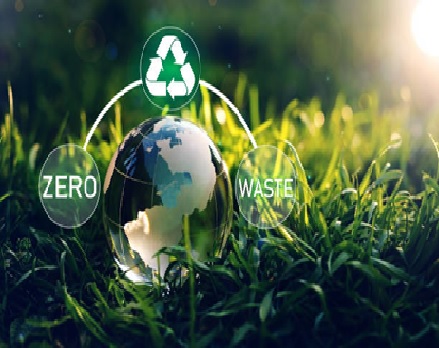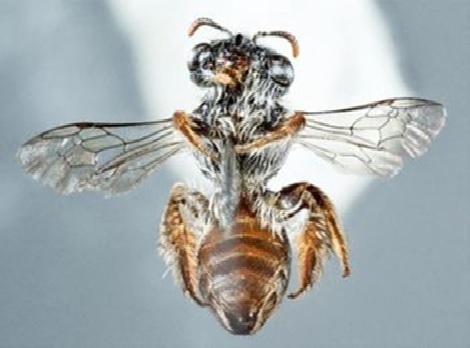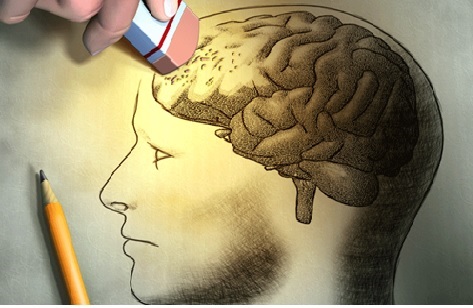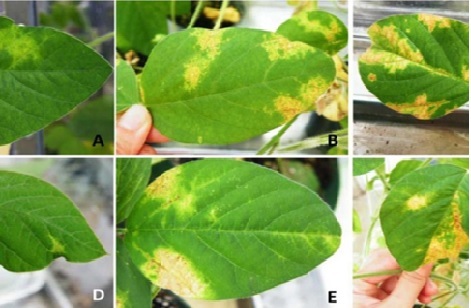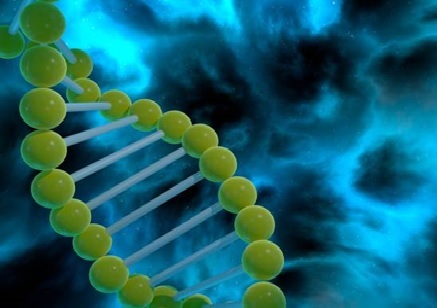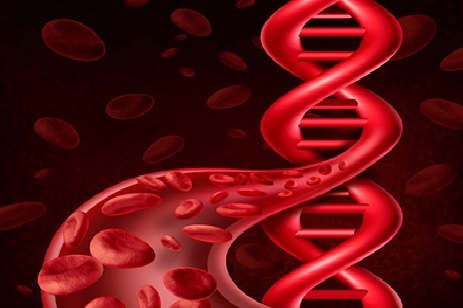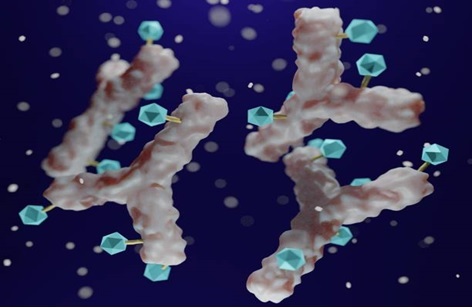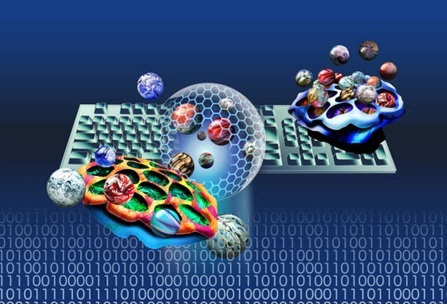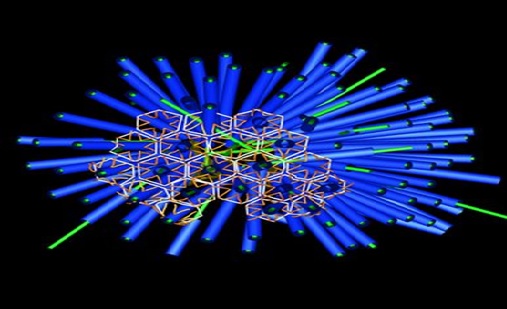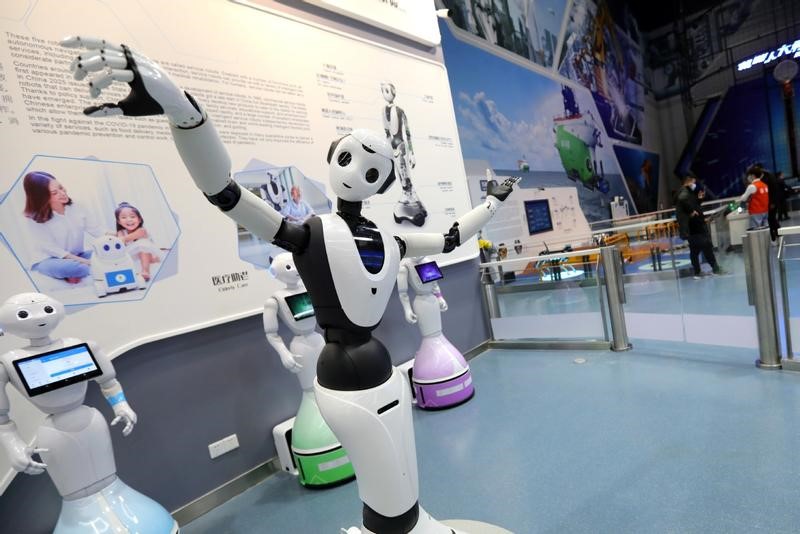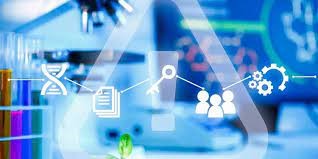Biotechnology and Bioethics
Biotechnology refers to the use of living organisms, cells, and biological systems to develop new technologies, products, and processes that can improve human health, agriculture, industry, and the environment. Biotechnology has the potential to bring about significant benefits for society, but it also raises ethical, social, and legal questions that need to be addressed.
Biotechnology, at its core, is about understanding life and using this knowledge to benefit people. Many see biotechnology as a significant force in improving the quality of people’s lives in the 21st century. Obviously, biotechnology is intimately tied to science and scientific knowledge. I will argue that biotechnology is also closely tied to ethics. At the very least, biotechnology promotes a certain vision of life, one in which some things are viewed as good and to be encouraged or pursued, and other things are bad and should be avoided or eliminated.[1]
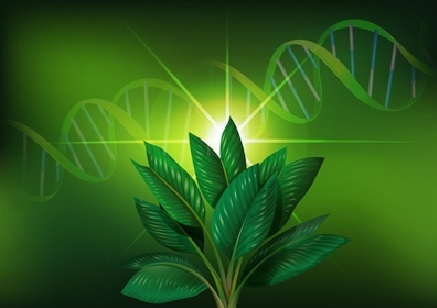
Figure .1 Biotechnology and Bioethics
Figure 1 shows Bioethics, on the other hand, is the study of ethical, social, and legal issues arising from advances in medicine, biology, and biotechnology. Bioethics seeks to address ethical issues related to biotechnology and other areas of biomedical research and practice through the application of ethical principles and values, such as autonomy, justice, non-maleficence, beneficence, and sustainability.
Thus, the intersection of biotechnology and bioethics refers to the ethical considerations that arise from the use of biotechnology and the ethical analysis of the potential impacts of biotechnology on individuals, society, and the environment. This includes the ethical implications of biotechnology research, the development and use of biotechnology products and services, and the broader social and environmental implications of biotechnology.
Biotechnology and bioethics are closely intertwined fields that address the ethical, social, and legal implications of biotechnology research, development, and application. Biotechnology has the potential to bring about significant benefits for society, including the development of new drugs, therapies, and diagnostics, as well as the production of sustainable food and energy sources. However, it also raises a number of ethical and societal questions that need to be addressed.
Some of the key ethical issues related to biotechnology include:
- Informed consent:Ensuring that individuals are fully informed about the risks and benefits of participating in biotechnology research, and that they are free to make their own decisions about whether to participate.
- Privacy and confidentiality:Protecting the privacy and confidentiality of individuals' genetic and biometric data, which can be used to identify them and reveal sensitive information about their health and ancestry.
- Equity and access:Ensuring that the benefits of biotechnology are distributed fairly and equitably, and that access to new drugs and therapies is not limited by factors such as income, geography, or ethnicity.
- Dual-use technologies:Addressing the potential for biotechnology to be used for harmful purposes, such as bioterrorism or genetic discrimination.
- Animal welfare:Ensuring that animals used in biotechnology research are treated ethically and humanely, and that their use is justified by the potential benefits to human health and welfare.
- Environmental impact:Addressing the potential environmental impact of biotechnology, such as the unintended consequences of genetically modified organisms or the use of biotechnology in agriculture.
Bioethics seeks to address these and other ethical issues related to biotechnology through the application of ethical principles and values, such as respect for autonomy, beneficence, non-maleficence, justice, and sustainability. The goal of bioethics is to ensure that biotechnology is developed and used in a responsible, ethical, and socially acceptable manner that benefits individuals and society as a whole.
References:
- https://www.ncbi.nlm.nih.gov/pmc/articles/PMC2267612/
Cite this article:
Janani R (2023),Biotechnology and Bioethics, AnaTechMaz, pp.161


